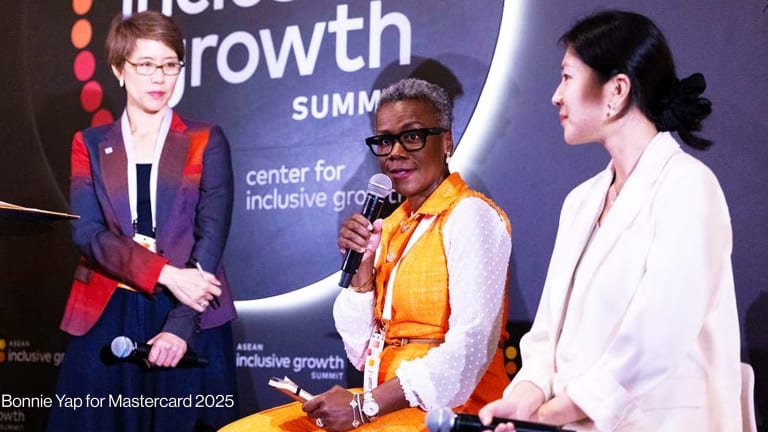
The health, economic, and social impact of COVID-19 on women and girls in the Asia-Pacific region has been put under the spotlight as part of a new report released this week. “Standing Up to the Challenge: Response to the COVID-19 Pandemic in Asia and the Pacific,” released by UN Women, details insights from surveys, big data analysis, and program outcomes.
Economic impact has affected women in these regions working in sectors vulnerable to the pandemic including tourism and small business. But this has been furthered with the responsibility of child care, challenges in accessing health services, increased violence against women and girls, and even increased spread of hatred towards women on social media.
What the report reveals: UN Women immediately began collating data and information as the pandemic was declared, said Mohammad Naciri, regional director at UN Women for Asia and the Pacific. Big data analysis, in particular, providing insights into people’s search behavior on social media platforms and search engines, showed increased gender-based violence and increased demand for protective services.
Programs that have been developed in response have enabled access to emergency hygiene, sustained essential services for women and girls facing gender-based violence, put gender on the response agenda, and made women a critical part of the economic recovery. And programs are specifically tailored to diverse needs — including the supply of wheelchairs and assistive technology for girls living with disability in remote Fiji communities, allowing them to continue their education.
Why it matters: An evidence base response to the pandemic and its recovery is essential. The UN Women report provides insight into what data tells us are the challenges and priorities for recovery — which put women at the center.
But as Naciri noted, “there is so much work to do.”









